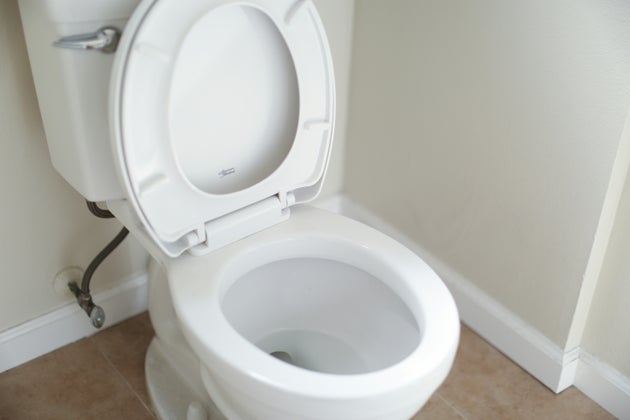5 Pee Changes A Cancer Doctor Would Never, Ever Ignore

<div><img src="https://img.huffingtonpost.com/asset/68d3bfa71400004dd45c5d8b.jpg?ops=scalefit_630_noupscale" alt="Toilet" data-caption="Toilet" data-credit-link-back="" data-credit="Giorgio Trovato via Unsplash" />Toilet</div><div class="content-list-component text"><p>This month is <a href="https://www.theurologyfoundation.org/impact-achievements/campaigns/urology-awareness-month/" target="_blank" rel="noopener noreferrer">Urology Awareness Month,</a> which aims to shine a spotlight on urology-related conditions like prostate cancer. </p><p>Though roughly <a href="https://www.cancerresearchuk.org/health-professional/cancer-statistics/statistics-by-cancer-type/prostate-cancer#prostate_stats0" target="_blank" rel="noopener noreferrer">150 people get diagnosed with prostate cancer</a> in the UK, Dr Jiri Kubes of the <a href="https://ukprotontherapy.co.uk/" target="_blank" rel="noopener noreferrer">Proton Therapy Centre</a> said, “Many men with prostate cancer will have no symptoms until the cancer spreads to other parts of the body”. </p><p>The radiation oncologist added that because there are currently no routine prostate screenings, spotting early cases is difficult. </p><p>“For this reason,” he explained, “it’s important men pay very close attention to any changes in their urinary habits. While they can often occur for innocent reasons, it still pays to know what’s happening in your body”. </p><p>Here are four changes he’d never ignore:</p><h2><strong>1) Finding it difficult to start peeing</strong></h2><p>This is also known as “urinary hesitancy” and is most often caused by <a href="https://my.clevelandclinic.org/health/diseases/9100-benign-prostatic-hyperplasia
Read original
Huffington Post







